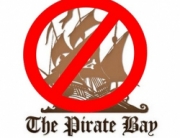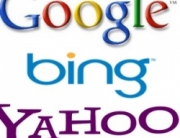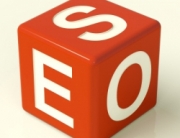The PayPal cofounder and billionaire tech adviser Peter Thiel has argued in his new book “Zero to One” that Google is a monopoly – and every company in the world should aspire to be one too.
Thiel’s definition of a monopoly boils down to companies that are “10x” better at what it does than anybody else: “a kind of company that’s so good at what it does that no other firm can offer a close substitute”.
Google doesn’t claim to be a monopoly though, but Thiel argues it is and obscures the fact through clever positioning. Google hasn’t competed in search since the early 2000s, when, according to Thiel, they leapt ahead Microsoft and Yahoo.
Thiel provides the following stats:
• Google owns about 67% of the global search market
• Google owns less than 3% of the global advertising market
• Google owns less than 0.24% of the global consumer tech market
Thiel says that Google have always sidestepped scrutiny by labelling themselves as just “another tech company”, and that we should be under absolutely no illusions when it comes to calling Google by its proper title. He also cites the fact that “to Google” something has entered the Oxford English Dictionary – and “to Bing” probably won’t ever be considered, and also the fact that competitors Microsoft and Yahoo lag at 18% and 11% respectively in the share of the search market.
In the same breath, however, Thiel defends this fact, arguing that monopolisation is generally a good thing, and it’s enabled Google to become the American company.
Having such a control over their industry – 67% – and with their relatively low employee base, it enables Google to, in their own words, “ensure that Googlers [Google employees] remain happy and healthy in all aspects of their lives.”
If you haven’t read this article about the perks of being a Google employee, you really should.
Thiel also argues that, without solid competition, the benefits of having such a monopoly go beyond profits.
In a super competitive market, having lots of competitors means you have to ruthlessly “squeeze out every efficiency”, he says. He references that way “small restaurants put grandma at work at the register.”
Opposed to Google – a company that doesn’t really have to compete with anybody – Larry, Sergey and the others have elbow room to actually care about their workers. More than enough elbow room, in fact.
Peter Thiel:
Google’s motto — “Don’t be evil” — is in part a branding play, but it’s also characteristic of a kind of business that’s successful enough to take ethics seriously without jeopardizing its own existence.
Monopolists can afford to think about things other than making money; non-monopolists can’t. In perfect competition, a business is so focused on today’s margins that it can’t possibly plan for a long-term future. Only one thing can allow a business to transcend the daily brute struggle for survival: monopoly profits.
Read more of the latest industry news –
Google Expects Penguin 3.0 to Launch Within 2014










Leave A Comment